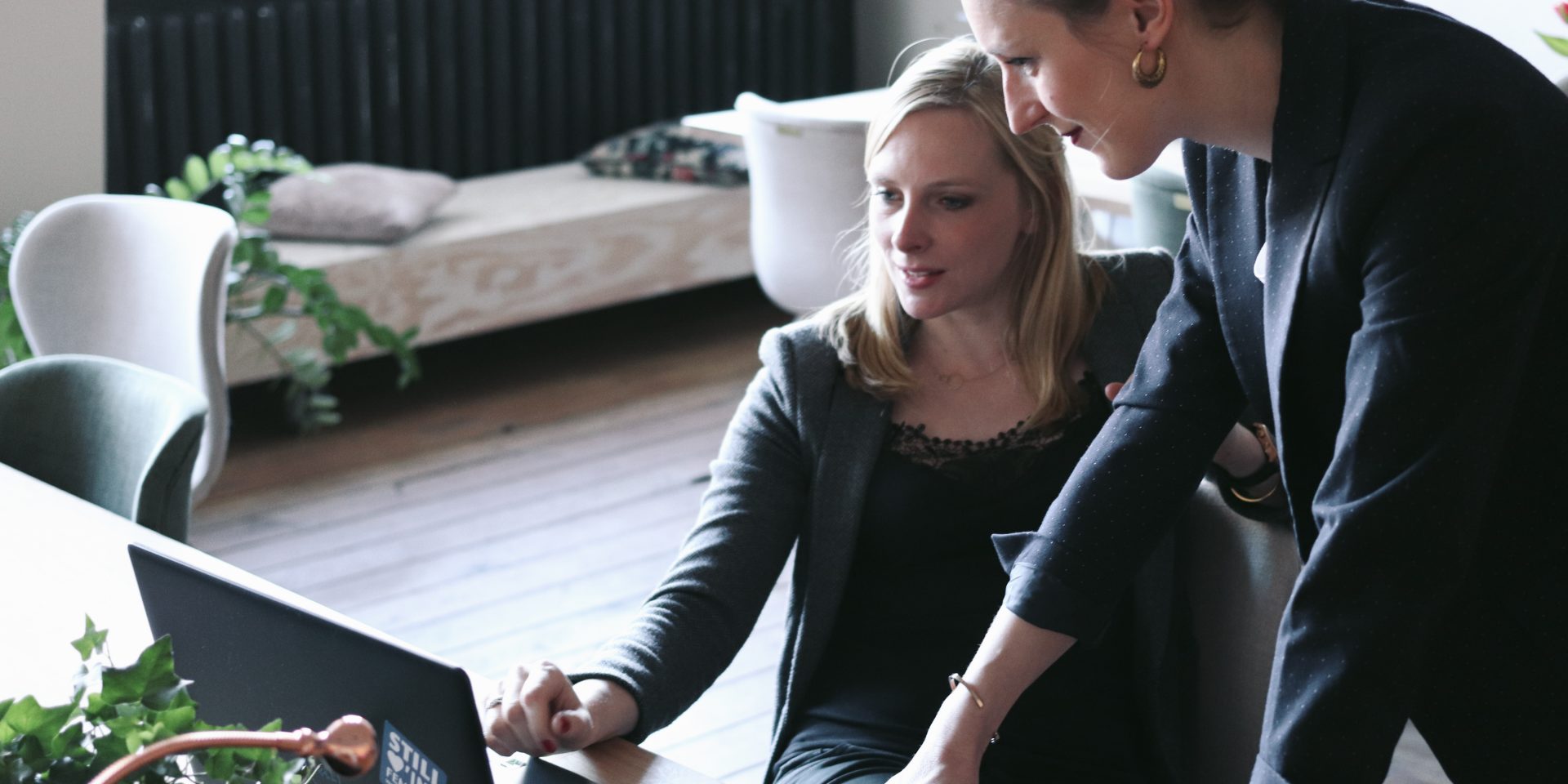22nd June 2021 | Business

The Fair Work Commission’s announcement of a 2.5 per cent rise in the minimum wage and modern awards places unnecessary risk and increases in overheads on business at a time of continued economic uncertainty, according to the state’s peak business organisation, Business NSW.
“The COVID-19 pandemic is not yet over, with community transmission cases still occurring and a vaccine rollout has not been as fast or extensive as is needed across Australia. As a result, key industry sectors continue to be significantly impacted by economic uncertainty, the ongoing closure of international borders and the lack of a clear roadmap for how and when borders will safely reopen,” said Business NSW CEO Daniel Hunter.
While Business NSW supported a wage increase of 1.6 per cent (including the 0.5 of a percentage point increase in the superannuation guarantee) in its supplementary submission, it suggested a cautious approach given the “significant challenges and uncertainty facing business”.
According to Mr Hunter, the challenge with the structure of the annual wage review (AWR) process is that it can’t fully accommodate significant variances in the economy with its one-size-fits-all approach.
He said: “Some businesses are thriving, but others are still suffering. This has been particularly challenging for the Expert Panel at the Fair Work Commission this year, between enabling employees of prospering businesses to see wages rise, without imposing fatal extra costs on struggling businesses.
“Our early estimates indicate that it will cost NSW almost a billion dollars at a time when employers are still suffering from the COVID-19 pandemic and the continued closure of the international borders.”
Moreover, he voiced his concerns with the set start date, which coincides with the legislated rise of 0.5 of a percentage point to the superannuation guarantee.
“We are concerned that for many affected businesses, this rise will negatively impact unemployment, especially for lower-paid and younger workers,” Mr Hunter said.
“Businesses in some sectors will face three pay rises in the space of nine months. Wages in the tourism sector increased by 1.75 per cent on 1 [February], then will increase by 0.5 [of a percentage point] on 1 July and again by 2.5 per cent on 1 November. Although aggregate employment statistics are presently healthy, repeated cost increases cannot be loaded onto the shoulders of businesses without causing damage.”
Start strategising now before it’s too late. Contact our specialist at Ax3
You can follow our socials for more relevant news and updates for your business here.